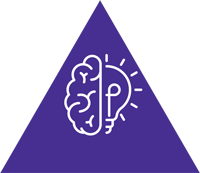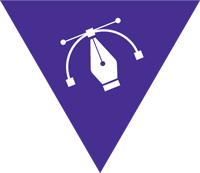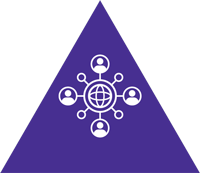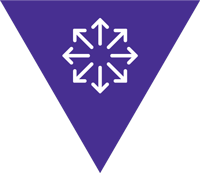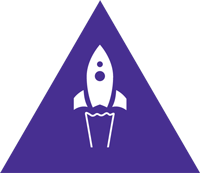
This article was first published in Lex Witness September 2015 issue.
The Indian legal profession has grown over a short period of less than 50 years to become the world’s largest branch of the profession. With about 1.2 million lawyers, India along with the United States ranks as the country with the most number of lawyers. The country is at the threshold of great change, and as markets open up around the world and India Inc. becomes more globalized by the hour, India’s legal community faces a whole new set of challenges that comes with such globalization.
The legal community across the world plays a critical role in shaping their countries. In India, the lawyers not only hold important positions in the administration of justice to the second largest populated country of the world, but also facilitate in crucial policy making and changing processes.
The Inevitability of Evolution
The Indian legal profession has ever since been a crucial part of the society and India Inc. as a whole. With the changing tides, the world around including the legal environment changed and opportunities for legally trained persons grew phenomenally, thanks to globalization, technological revolution and economic liberalization.
Competence and its continued maintenance is itself a professional value. The competence of the legal practitioner is critical for clients, and a sub-par quality of services provided is unacceptable. The days of the general practitioner have been overtaken by specialists. However, the need to be fluent with not just one’s practice specialization, but also to be aware of all the legal components that any change in external circumstances can have on the client’s business, is inevitable in today’s environment.
It is important now more than ever to open our kinds and evolve with the time. For such reasons, Continued Legal Education (CLE) can help in measuring the accountability of a lawyer and evolving in the profession.
CLE – An Ignored Necessity
CLE can help the most in the being expanding one’s horizon and increase the knowledge, particularly in emerging areas of legal practice. Knowledge is beyond just an awareness of rules; it includes understanding, interpretation, application, analysis and evaluation. Not many law colleges in India challenge students by attempting to teach through scientific methods and application of knowledge to solve problems through interpretation and analysis. Hence, there is a huge vacuum in professional training which can be addressed through CLE.
Competence or quality is the product of knowledge, attitudes, values, skills and ability to apply them for professional tasks. Some skills are acquired in early days of practice through observation and participation. CLE can help a lawyer to gain the requisite competency over time and with changing circumstances, and help grow in one’s career.
CLE is the major instrument of all professions to ensure minimum competency in the delivery of services. It enhances professionalism, accountability and evolution for the profession. In short, CLE is indispensable for maintaining professional competence and its social relevance.
The Need of the Hour
It all started in the 1970s and 1980s, when the Bar Council of India Trust organized few CLE programmes. Lawyers from across the country joined the residential courses to specialize in areas like criminal law, constitutional litigation, corporate & commercial practice and more. The idea of specialisation in legal practice was welcomed, and professionalism in management of client services appreciated.
A large number of lawyers began to appreciate the relevance and usefulness of continuing education to hone their skills in emerging areas of legal practice and maintain their role as social engineers in the process of development. Over the years, this awareness has spread among the younger members of the profession though, unfortunately, there was no one to offer the CLE programmes relevant to the changing demands of the legal market.
Legal practitioners realized that professional competence in the field of law is the outcome of skilled application of knowledge in which proper skills are decisive to the outcome. These include communication, advocacy and advisory skills, negotiation and mediation skills, research and drafting skills, fact gathering and articulation skills, time and stress management skills; all of which can be acquired through supervised practice supported by guided theoretical learning. CLE is the best mechanism to learn skills particularly in the context of the explosion in knowledge and technology.
In the current times, various sophisticated legal practices across the globe, including the US and the UK, have a minimum requirement for CLE hours in the practice. All practicing lawyers in these countries have to complete the allocated number of hours in order to remain qualified as a lawyer under their state/country Bar Regulations.
In India, there are law colleges and private solution providers offering different courses as CLEs. There are also corporates and law firms organizing customized in-house training programs for their lawyers. However, there is no authoritative push from the Bar Council or the industry as a whole for the need of an organized system of CLE in the country. It is pertinent that we ensure the baton holders of the institution of law in a country like India, is effectively equipped to serve their responsibilities without any compromise. The need to adopt CLEs as a part of the practice, and not an extra-curricular activity is now!


